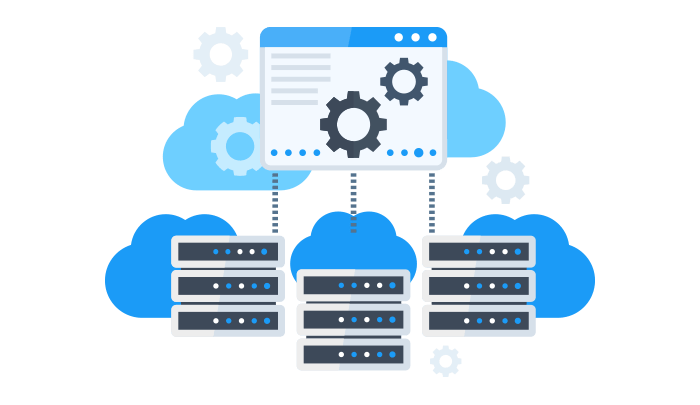
As businesses increasingly adopt cloud technology, the complexity of managing and securing cloud environments can become overwhelming. This is where Managed Service Providers (MSPs) play a crucial role. MSPs bring expertise, experience, and dedicated resources to efficiently manage and secure cloud environments for businesses. Let’s explore the key role of MSPs in managing and securing cloud environments.
MSPs assist businesses in designing and deploying the optimal cloud architecture based on their specific requirements. They assess business needs, recommend appropriate cloud services (public, private, or hybrid), and design a scalable and resilient infrastructure that aligns with the organization’s goals. MSPs ensure that the cloud environment is properly configured, optimizing performance and cost efficiency.
MSPs take care of day-to-day management tasks, including monitoring, provisioning, and optimizing cloud infrastructure. They ensure that resources are properly allocated, monitor performance and availability, and scale resources up or down as needed. MSPs also handle regular maintenance, updates, and backups, relieving businesses of the operational burden associated with managing a complex cloud environment.
MSPs play a critical role in ensuring the security and compliance of cloud environments. They implement robust security measures, such as firewalls, intrusion detection systems, and encryption, to protect data and applications from threats. MSPs also monitor and analyze security logs, conduct vulnerability assessments, and perform regular security audits to identify and address potential risks. They assist businesses in achieving and maintaining compliance with relevant regulations, industry standards, and data protection requirements.
MSPs implement comprehensive data backup and disaster recovery strategies for cloud environments. They establish backup schedules, ensure data integrity, and provide off-site storage for critical data. MSPs also design and test disaster recovery plans, allowing businesses to quickly restore services and minimize downtime in the event of a disaster or system failure. These measures provide peace of mind and help businesses maintain continuity in the face of unexpected incidents.
MSPs optimize cloud performance and manage costs by continuously monitoring resource usage, identifying areas of improvement, and implementing necessary adjustments. They help businesses optimize resource allocation, leverage cost-effective cloud services, and identify potential cost-saving opportunities. By managing cloud costs effectively, MSPs ensure that businesses can maximize the value and return on investment from their cloud infrastructure.
MSPs provide 24/7 support and troubleshooting services for cloud environments. They offer prompt response to issues, address technical challenges, and provide assistance to end-users. MSPs act as a reliable point of contact, working closely with businesses to resolve issues and minimize any disruptions to operations. Their expertise and dedicated support help businesses overcome obstacles and maintain smooth operations in their cloud environments.
MSPs act as trusted advisors, providing strategic guidance and future planning for businesses’ cloud initiatives. They stay up-to-date with the latest cloud technologies, industry trends, and best practices. MSPs assess evolving business needs, recommend innovative solutions, and assist with cloud migration or expansion plans. They help businesses leverage emerging technologies and optimize their cloud environments to support long-term growth and success.
In summary, MSPs play a vital role in managing and securing cloud environments for businesses. Their expertise in cloud architecture, infrastructure management, security, compliance, disaster recovery, performance optimization, and cost management ensures that businesses can focus on their core operations while having a reliable and secure cloud foundation.